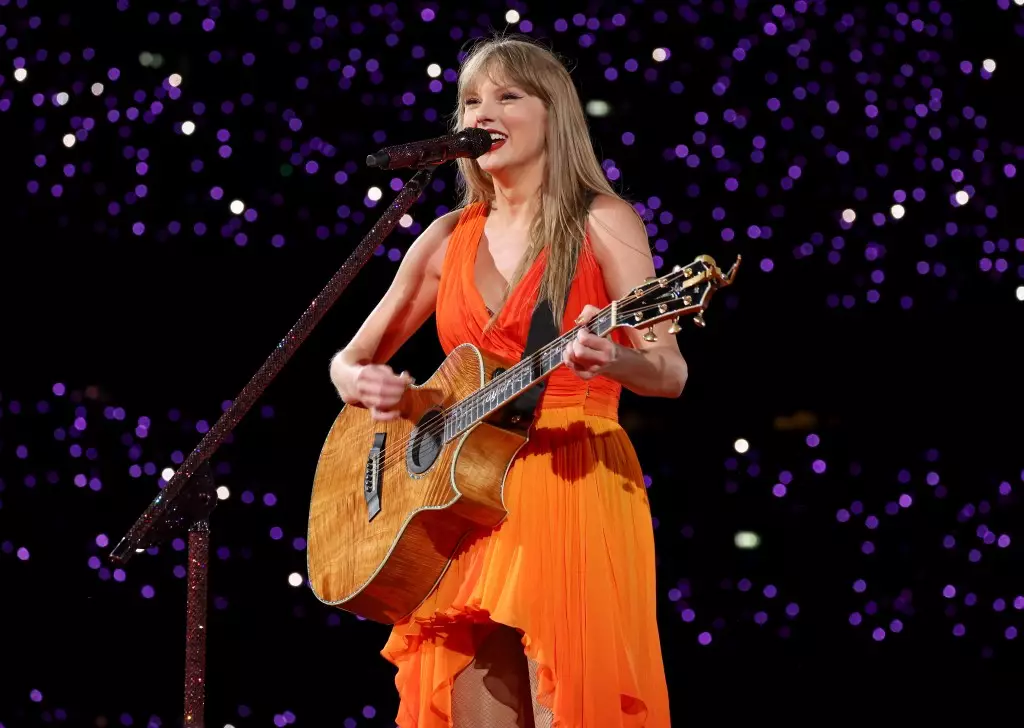In an unprecedented move, the UK government intervened to ensure heightened police protection for Taylor Swift during her summer concerts at Wembley Stadium. Such a decision, which has a breadth of implications, emerged after public outcry regarding politicians receiving complimentary tickets to these high-profile shows. What initially seemed like a star-studded event transformed into a controversial topic of government involvement and taxpayer expenses due to the political spotlight cast upon the mega pop star.
Government Pressure and Public Relations
The situation escalated when Home Secretary Yvette Cooper and London Mayor Sadiq Khan expressed their support for providing Swift with a special police escort. Their urging of the Metropolitan Police came under substantial scrutiny; usually, this layer of security is reserved for prominent government figures or royal family members. Such an unusual deviation from longstanding protocols raises questions about public resources being allocated to protect a celebrity, especially in the face of rising concerns about law enforcement prioritization.
“What would it mean for the everyday citizen if law enforcement resources are redirected toward celebrities?” This question looms large and demands a deeper examination of how public safety is managed when fame enters the equation. The intervention of attorney-general Lord Harmer KC, who was reportedly brought in to influence the police force’s decision, further complicates matters, illustrating the intricate interplay between government and celebrity culture.
Threats and Contingencies
The event garnered further attention when reports surfaced that Swift’s mother and manager, Andrea, had considered canceling the London concerts. The trigger? A failed suicide-bomb plot targeting one of Swift’s previous performances, posing legitimate concerns about her safety. Swift’s family entered a delicate negotiation with the UK government and local authorities, emphasizing that any cancellation could lead to significant economic repercussions. In an age where artists not only entertain but also influence local economies, the ties between celebrity events and fiscal responsibility become alarmingly apparent.
It is noteworthy that government officials characterized the potential cancellation as both “economically damaging and embarrassing.” This framing illustrates how interconnected the world of entertainment is with broader economic circumstances, with artists acting as both cultural icons and economic catalysts. The allegations of economic impact, estimated around £1 billion ($1.3 billion) in spending throughout Taylor Swift’s UK tour, further enforce the notion that artists can wield significant influence.
The situation surrounding Taylor Swift’s concerts raises pressing questions about the relationship between public safety, taxpayer funding, and celebrity influence. As boundaries blur between governance and pop culture, a careful approach is needed. Creating pathways that ensure artists feel safe, while also respecting the limitations of public resources, is essential. Ultimately, a broader discourse about how society values celebrity will likely continue, provoking both fascination and discomfort in equal measure. More than an isolated incident, this reflects a shifting paradigm in how security protocols and government involvement intersect within the entertainment sphere.
